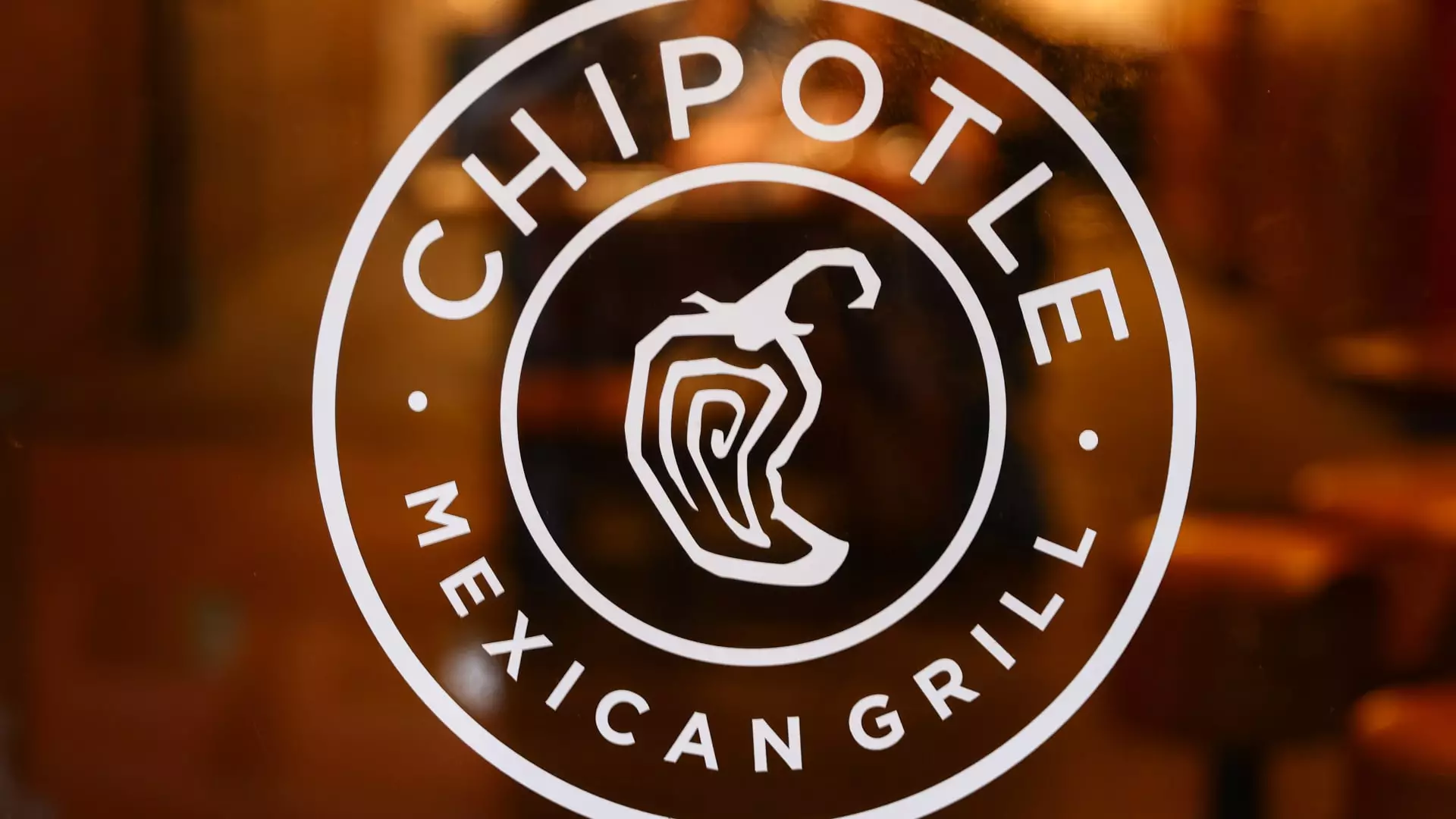In an audacious move that signals a new chapter in its expansion narrative, Chipotle Mexican Grill is set to open its first outlet in Mexico early next year. While the decision may seem strategically sound, it’s essential to peel back the layers of this initiative against the backdrop of escalating economic tensions and cultural contextualization. The agreement with Alsea, a prominent player in the Latin American and European food franchise arena, reflects a determined effort by Chipotle to redefine its brand’s geographical footprint, but it’s not without its risks.
Balancing Act: Business and Politics
The current geopolitical climate presents a daunting challenge for Chipotle. In an era defined by trade wars, particularly between the U.S. and Mexico, Chipotle’s venture could easily stumble. With tariffs having once threatened to alter the cost structure of ingredients essential to their core offerings—like avocados—there’s a powerful irony in the fast-casual restaurant trying to anchor itself in the very land it sources these ingredients from. This paradox exemplifies the broader struggle American businesses face when navigating foreign markets characterized by disparate political landscapes and economic relations.
Culinary Misinterpretations: Risks of Cultural Disconnect
The crux of the issue lies in Chipotle’s interpretation of Mexican cuisine and the trust consumers in Mexico might place in it. Mexican culinary identity is a deeply nuanced spectrum, and Chipotle’s “Americanized” fast food options could easily be met with skepticism. The failures of Taco Bell in Mexico should serve as a glaring warning. If they failed twice to resonate, what makes Chipotle believe it can strike gold where others have faltered? The boldness of entering a saturated market with established local favorites is nothing short of a culinary gamble.
A Bet on Freshness and Familiarity
Nonetheless, there’s a silver lining that Chipotle is banking on: Mexican consumers’ appreciation for quality, fresh ingredients. This connection to health and sustenance could potentially turn the tide in favor of Chipotle. The company’s ethos aligns well with a Mexican market increasingly favoring fresh and healthy dining options. However, this goodwill must be underpinned by a deep understanding of cultural preferences—something not readily available through market analytics alone.
The Future of International Expansion
If Chipotle successfully navigates these uncharted waters, it could pave the way for further expansion across Latin America. However, it’s critical not to treat this as merely a venture into numbers. Each new outlet is a reflection of cultural sensitivity or insensitivity. The company must invest genuinely in local partnerships and ensure that its menus can, to a certain degree, gel with the existing culinary landscape. After all, successful integration goes beyond just opening restaurants; it requires cultivating trust and love from consumers who see your brand not just as a food outlet but as a participant in their local lives.
As the American fast-casual chain ventures into one of its core inspirations, the stakes are higher than ever. Will it be a chapter of culinary triumph or a cautionary tale in the annals of international business? Only time will tell.



Leave a Reply